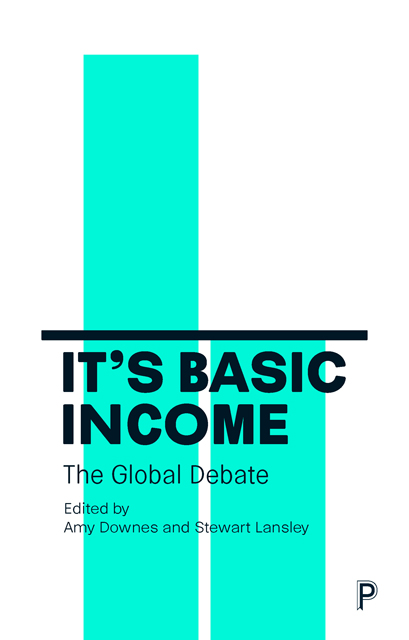36 - The Kenyan experiment
Published online by Cambridge University Press: 11 April 2023
Summary
‘Our pilot will be the largest experiment of a basic income in history, with 6,000 people in 40 communities receiving a basic income for more than a decade, and more than 16,000 people receiving some type of cash transfer.’
The US-based non-governmental organisation, GiveDirectly, is among the leaders of the cash transfer movement, and the first non-profit organisation devoted exclusively to enabling funders to send money directly to the extreme poor. From its roots in Kenya, GiveDirectly has grown across East Africa while driving public debate about the role cash transfers should play. Rigorous experimental evidence has played a key role in this growth: GiveDirectly was founded in light of the strong evidence that cash transfers were working, and has also conducted a number of randomised controlled trials which have further strengthened that evidence base. These evaluations have shown that such transfers lead to a host of positive impacts, from higher living standards to greater food security and even improved psychological well-being. In addition, old concerns – that the poor would abuse transfers on alcohol, for example, or stop working – have not been borne out in the data.
We are tremendously excited to be launching our basic income initiative, which represents both a major new chapter in our history and a continuation of the principles we have stood for from the beginning. For context, essentially every dollar we have delivered to date has been part of a short-term or ‘lump-sum’ transfer, an immediate transfer of capital which recipients are then free to use or invest as they please. We think this approach makes sense given the evidence that the poor often have access to investment opportunities with very high rates of return: rather than keep the money in our accounts, we prefer to move it out as quickly as possible. Basic income is if anything the exact opposite approach to designing transfers, since it commits to providing small payments in perpetuity.
But we believe that today’s global conversation about basic income represents a unique opportunity. Opinions are incredibly polarised, from sceptics who call basic income ‘a senseless act of preemptive self-sabotage’ to optimists calling it ‘to the 21st century what civil and political rights were to the 20th.
- Type
- Chapter
- Information
- It's Basic IncomeThe Global Debate, pp. 189 - 192Publisher: Bristol University PressPrint publication year: 2018



